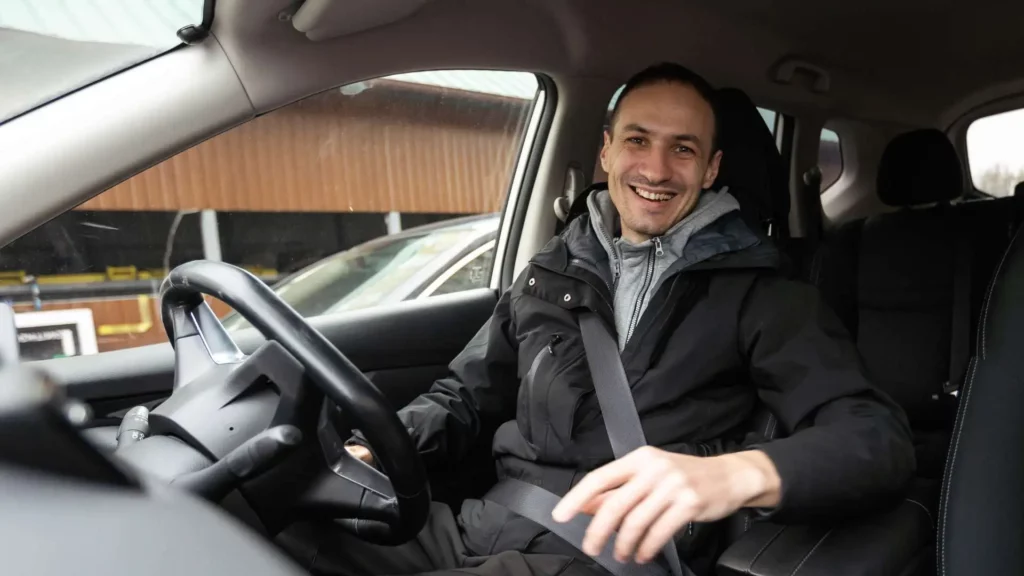COVID-19 has taught us a lot about how money management is crucial for our lives. The debate is not about who is rich and who is poor. It is a realization of how we have forgotten the basics of budgeting.
The awakening and consciousness to save money is a good sign for the common man but the underlying problem is even bigger. You might have closed the gap between income and spending only based on the current situation. The need of the hour is actually to address the behavioral traits of overspending that were so rampant before the pandemic. A reappearance of overspending habits can be a waste of time, effort, and planning for the long term.
Small expenses have the potential to disrupt your savings no matter how much you try to discipline the spending.
The Culprit Is Visibly Invisible
Small expenses are like bubbles; they appear and disappear while the water is gushing. Perhaps your mind is sometimes hard to tame and that is why you can’t control a scoop of ice cream, a cup of hot coffee, a book you simply couldn’t avoid buying, an app that tempted you to download, and the list is endless.
You can never decide what is small or big as long as the income is continuous. The real problem arises when you are unemployed, burdened with debts, or undergoing an emotional battle. According to you, if the so-called small expenses are not significant it remains that way throughout your life.
How Do You Judge Small And Huge Expenses
It is a COVID-19 pandemic and huge expenses are obsolete and if it were to exist it might be in the form of a pending or recurring debt, unpaid bills, and so on.
Small expenses exist commonly in your variable expenses or discretionary spending. They can be a threat to emergency fund building and unexpected or surprise expenses as well.
Small isn’t that bad, small savings end up in only one thing, big savings. When the opposite happens it is worrisome, small expenses end up into a huge debt and reduced savings.
How To Control Small Expenses In A Big Way
Following a daily routine like spending $2 or $3 on a cup of coffee, having lunch outside or anything that you are so used to spending can look too negligible in spite of following a strict budget. Sum it up for the entire year and then you will know what we are talking about.
Evaluating the overall numbers may seem like too much money for you. But that is dependent on your current financial situation. If you are running out of cash it is a great way to train your mind to leave with the situation and change your spending habits. Once you realize the dearth in cash following a strict plan becomes a habit even if you start earning well. If you still find it difficult to control the small expenses an emergency fund option is advisable which allows you to take care of fixed expenses. After all, a backup is a boon for people who feel saving extra bucks each month can help them get where they want to.
Pinning Your Hopes On Priorities
The only way of getting into a compulsion is for savings and not expenses. Matching spending with your priorities allows you to decide whether spending is worth it or not and then determine where you want to spend money.
Stop ignoring pilferages in money as every penny counts in building your financial future. Small is the new BIG, so decide if you want expenses or savings!





























